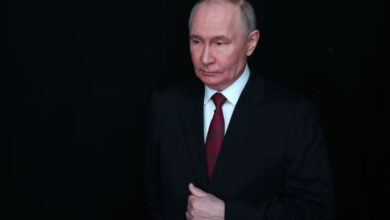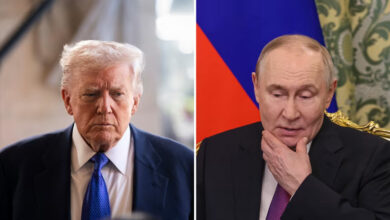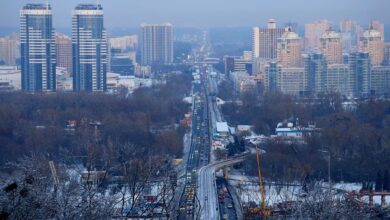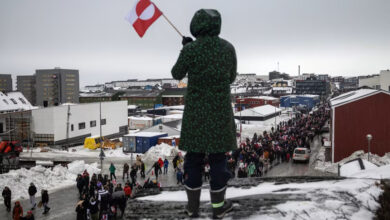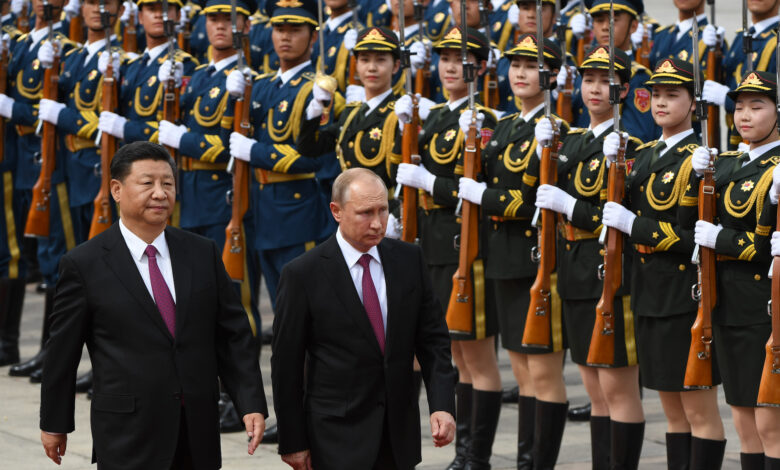
In opening remarks during a video conference Friday, Russian President Vladimir Putin invited his Chinese counterpart Xi Jinping to visit Moscow next spring. He added that the two countries would strengthen cooperation between their armed forces, and pointed to growth in trade despite “unfavorable market conditions.”
Bilateral relations are “the best in history, and withstand all tests,” he said. “We share the same views on the causes, course and logic of the ongoing transformation of the global geopolitical landscape.”
Xi also delivered opening remarks, saying “against the background of a difficult international situation, China is ready to increase political cooperation with Russia” and to be “global partners,” according to the Russian state media translation of the broadcast.
Moscow and Beijing have drawn closer in recent years, with Xi and Putin declaring the two countries had a “no limits” partnership weeks before Russia invaded Ukraine in February.
China has since refused to condemn the aggression, instead repeatedly laying blame for the conflict on NATO and the United States – and remaining one of Russia’s key remaining supporters as it grows increasingly isolated on the global stage.
But more than 10 months into the grinding war, the world looks much different – and the dynamic between both partners has shifted accordingly, experts say.
Instead of an anticipated swift victory, Putin’s invasion has faltered with numerous setbacks on the battlefield, including a lack of basic equipment. Morale within parts of Russia is low, with many civilians facing economic hardship during the bitter winter.
On Thursday, Russia launched what Ukrainian officials described as one of the biggest missile barrages since the war began in February, with explosions rattling villages and cities across Ukraine, damaging civilian infrastructure and killing at least three people.
Ukrainian officials have been cautioning for days that Russia is preparing to launch an all-out assault on the power grid to close out 2022, plummeting the country into darkness as Ukrainians attempt to ring in the New Year and celebrate the Christmas holidays, which for the country’s Orthodox Christians falls on January 7.
“China is eager for (the war) to end,” said Yun Sun, director of the China Program at the Washington-based think tank Stimson Center.
“Xi will try to emphasize the importance of peace to Putin,” she added. “As Russia is getting impatient with the lack of progress on the battlefield, the timing is ripening for peace talk in China’s eyes.”

